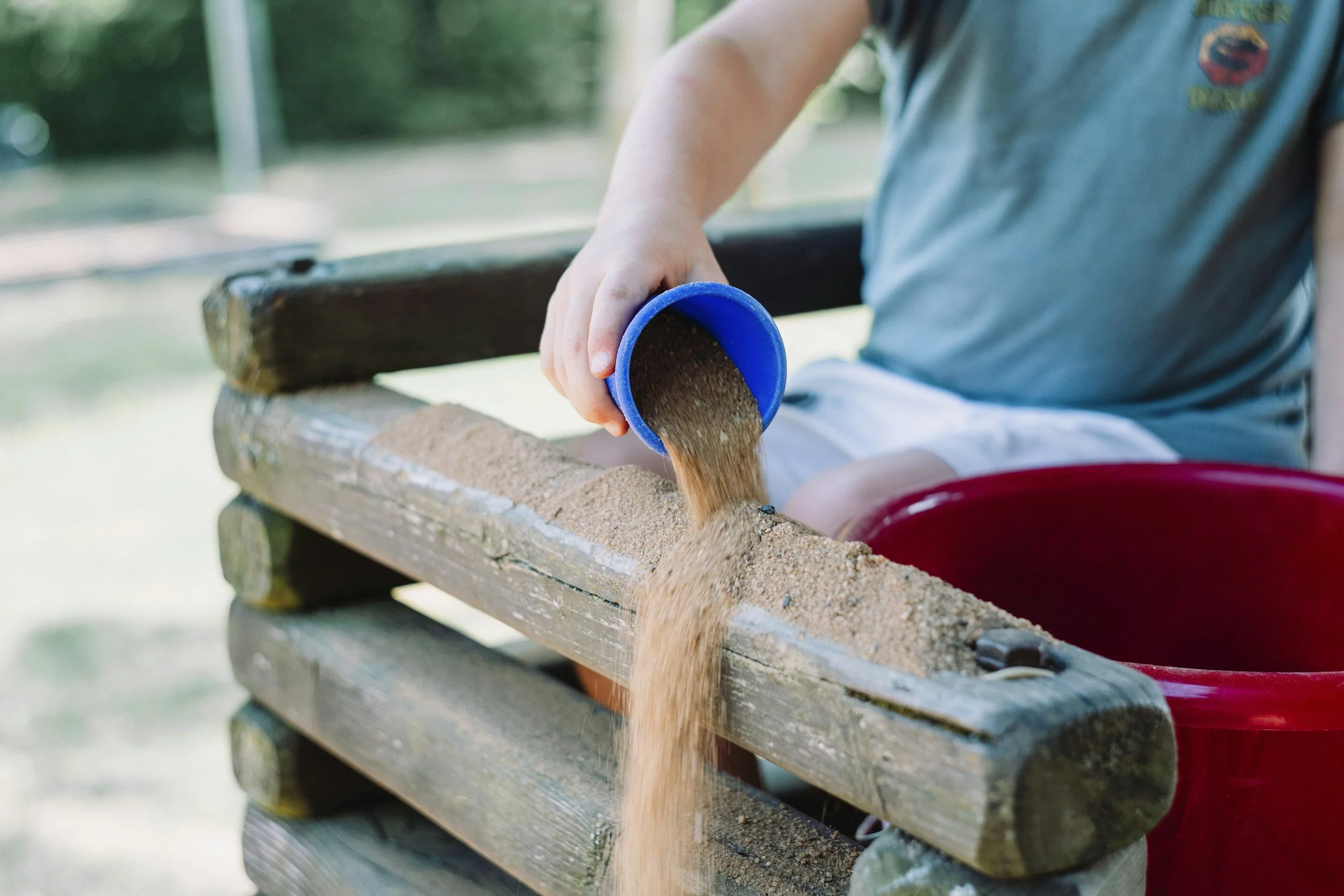
Fine & Gross Motor Delays
When everyday tasks feel harder than they should, it’s time for support. Whether it’s holding a pencil, running on the playground, or using both hands together—therapy can help.
What Are Motor Delays?
Some children avoid physical play because it’s frustrating. Others are falling behind in school or daily routines—and parents often sense something is “off,” even if they can’t name it.
Fine and gross motor delays refer to difficulty with physical tasks that other children may be doing with ease. Fine motor skills include small, precise movements like buttoning clothes or writing. Gross motor skills involve larger movements like walking, jumping, balance, and coordination.
How We Help
Our occupational therapists assess where your child is now—and build a plan that improves strength, coordination, and confidence through fun, purposeful movement.
We help children who:
Struggle with handwriting, drawing, or cutting
Avoid climbing, running, or physical games
Tire easily during movement-based tasks
Have poor posture, balance, or body awareness
Get frustrated with fine motor tasks like dressing or feeding
Every activity is tailored to your child’s unique profile. We use engaging tools, therapeutic play, and progress tracking that lets kids see how far they’ve come.
Outcomes Families See:
As motor skills improve, so does your child’s self-esteem. Parents often tell us their child becomes more willing to try new things, feels proud of their progress, and starts participating with more independence at home and school.
We’re here to help your child feel strong, capable, and proud of what their body can do.



